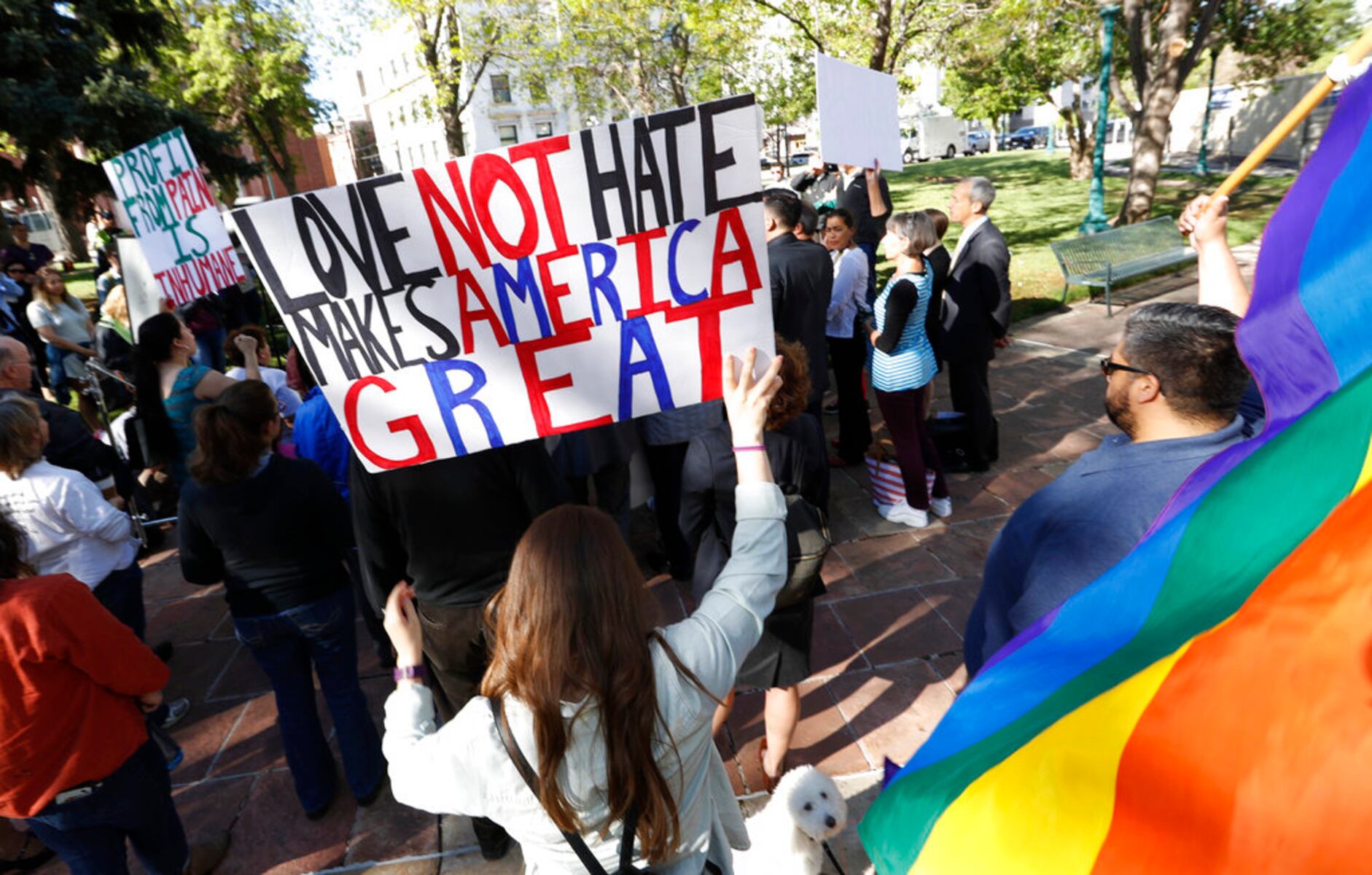
News
October 22, 2025
Test your Constitutional knowledge: Do you know when the law protects hate speech?
You may be surprised where the lines can be drawn when it comes to “fighting words.”
Do you know when the law protects speech that some might consider hateful? It's a question that often sparks debate and reveals the complexities of the First Amendment. While many people instinctively recoil at the idea of protecting hate speech, the reality is that the legal boundaries are not always clear-cut, particularly when it comes to "fighting words."
The First Amendment to the U.S. Constitution guarantees freedom of speech, but this freedom isn't absolute. There are exceptions, and understanding these exceptions is crucial for navigating the often-turbulent waters of public discourse. One such exception is the "fighting words" doctrine.
So, what exactly are "fighting words," and when are they *not* protected? The Supreme Court has defined fighting words as those which "inflict injury or tend to incite an immediate breach of the peace." In simpler terms, these are words that, by their very utterance, are likely to provoke a violent reaction from the person to whom they are addressed. Think of it as speech so inflammatory that it's essentially an invitation to a physical altercation.
However, the bar for what constitutes "fighting words" is surprisingly high. The law doesn't protect speech that merely offends, insults, or causes emotional distress. The speech must be directed at a specific individual and be likely to trigger an immediate and violent response from a reasonable person in that situation. Broad statements of hatred or prejudice, while morally reprehensible to many, are generally protected under the First Amendment if they don't meet the stringent "fighting words" criteria.
The reason for this protection, even for offensive speech, lies in the importance of maintaining a marketplace of ideas. The idea is that even unpopular or hateful views should be allowed to be expressed so they can be challenged and debated in the public square. Suppressing such views, even when deeply unpleasant, can be a slippery slope towards suppressing other forms of speech.
Understanding the nuances of the "fighting words" doctrine and the broader protections afforded by the First Amendment is essential for informed citizenship. It allows individuals to engage in meaningful discussions about the limits of free speech and the importance of protecting even unpopular opinions, while also recognizing the need to prevent speech that directly incites violence and threatens public safety. It is a delicate balance, and one that continues to be debated and refined in the courts and in society at large.
The First Amendment to the U.S. Constitution guarantees freedom of speech, but this freedom isn't absolute. There are exceptions, and understanding these exceptions is crucial for navigating the often-turbulent waters of public discourse. One such exception is the "fighting words" doctrine.
So, what exactly are "fighting words," and when are they *not* protected? The Supreme Court has defined fighting words as those which "inflict injury or tend to incite an immediate breach of the peace." In simpler terms, these are words that, by their very utterance, are likely to provoke a violent reaction from the person to whom they are addressed. Think of it as speech so inflammatory that it's essentially an invitation to a physical altercation.
However, the bar for what constitutes "fighting words" is surprisingly high. The law doesn't protect speech that merely offends, insults, or causes emotional distress. The speech must be directed at a specific individual and be likely to trigger an immediate and violent response from a reasonable person in that situation. Broad statements of hatred or prejudice, while morally reprehensible to many, are generally protected under the First Amendment if they don't meet the stringent "fighting words" criteria.
The reason for this protection, even for offensive speech, lies in the importance of maintaining a marketplace of ideas. The idea is that even unpopular or hateful views should be allowed to be expressed so they can be challenged and debated in the public square. Suppressing such views, even when deeply unpleasant, can be a slippery slope towards suppressing other forms of speech.
Understanding the nuances of the "fighting words" doctrine and the broader protections afforded by the First Amendment is essential for informed citizenship. It allows individuals to engage in meaningful discussions about the limits of free speech and the importance of protecting even unpopular opinions, while also recognizing the need to prevent speech that directly incites violence and threatens public safety. It is a delicate balance, and one that continues to be debated and refined in the courts and in society at large.
Category:
Politics